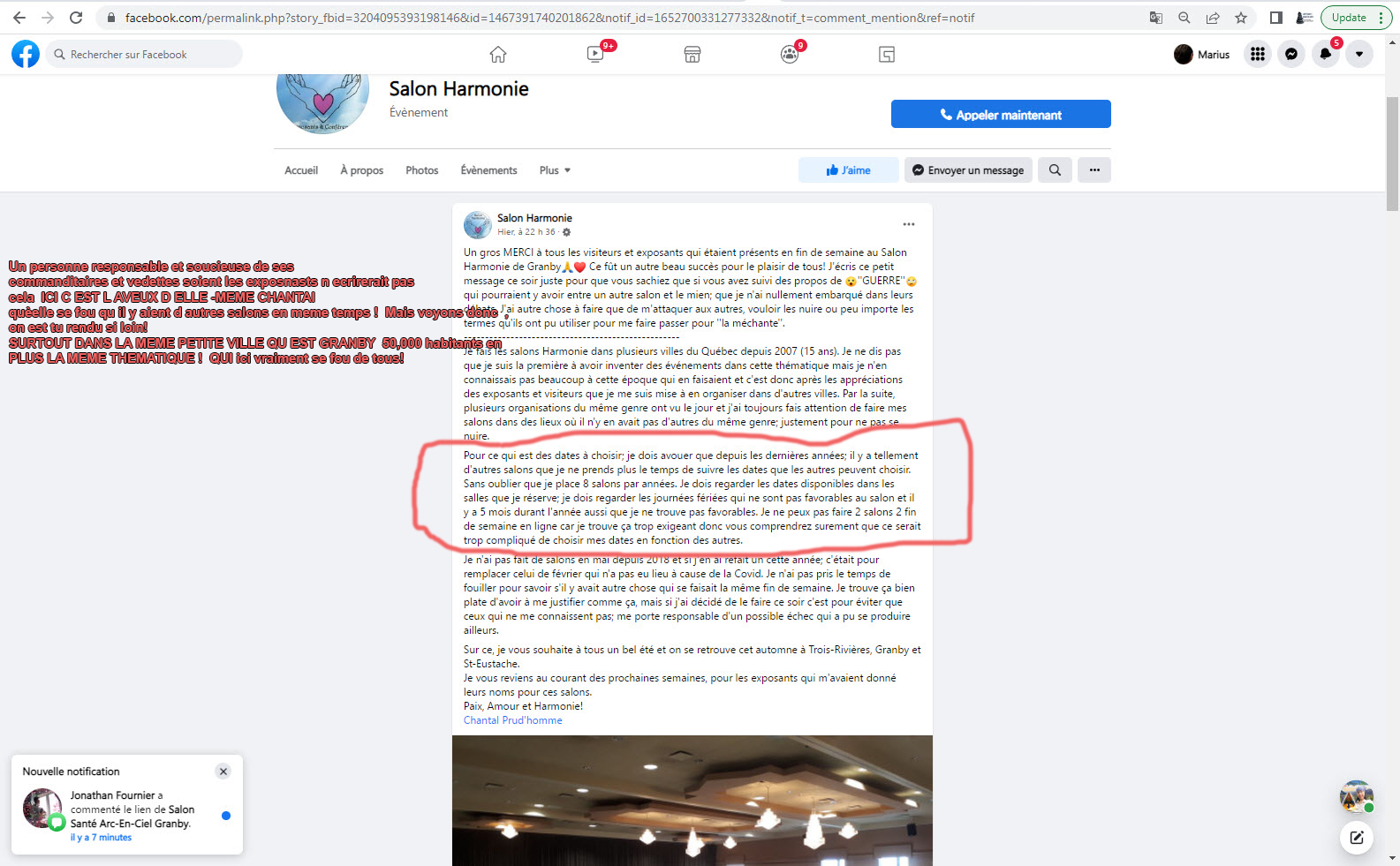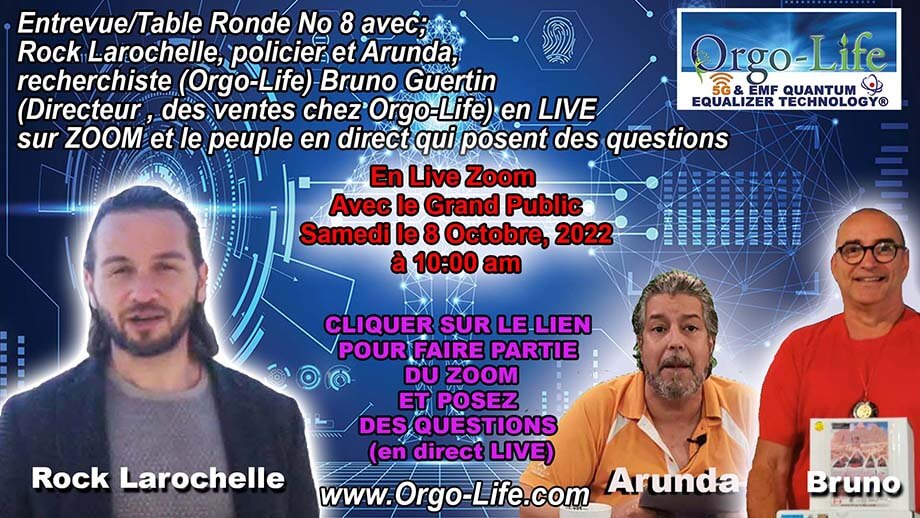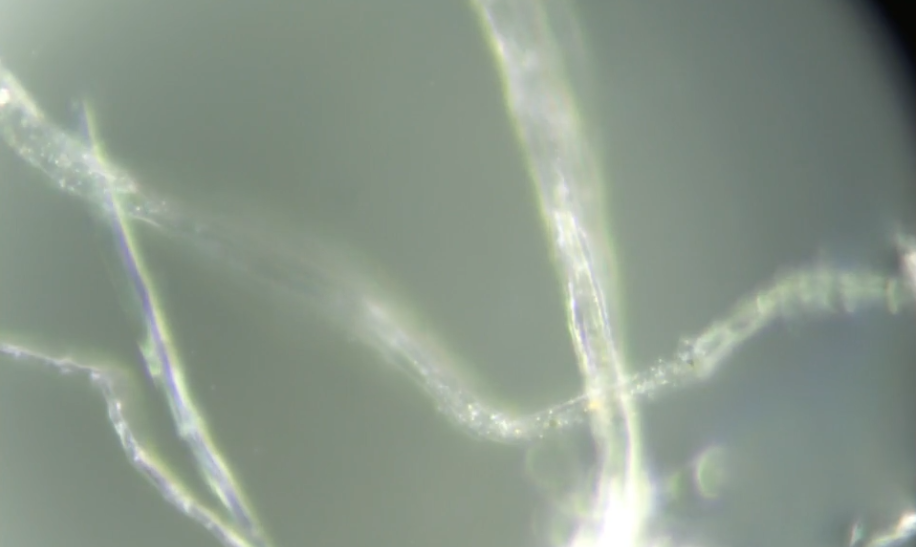
“Traditionally these are questions for philosophy, but philosophy is dead. Philosophy has not kept up with modern developments in science, particularly physics. Scientists have become the bearers of the torch of discovery in our quest for knowledge. The purpose of this book is to give the answers that are suggested by recent discoveries and theoretical advances. They lead us to a new picture of the universe and our place in it that is very different from the traditional one, and different even from the picture we might have painted just a decade or two ago.
Still the first sketches of the new concept can be traced back almost a century.” –Stephen Hawking, The Grand Design: New Answers to the Ultimate Questions of Life
Science and philosophy, like two explorers venturing into the vast unknown, represent distinct yet complementary approaches to understanding the world. Science, the rigorous cartographer, meticulously observes and measures, seeking to chart the objective landscape of reality. It builds its knowledge through an exacting process of experimentation, where hypotheses are tested, data is carefully analyzed, and results are subjected to the scrutiny of the entire scientific community. This emphasis on objectivity ensures that its discoveries transcend the peculiarities of individual experience, aiming to unveil the fundamental laws that govern the universe, from the subatomic realm to the grand dance of galaxies.
Philosophy, on the other hand, ventures inward, delving into the subjective realm of human experience. It wrestles with the profound questions that have resonated throughout history: What is the nature of consciousness? What constitutes a good life? Does free will exist? Unlike science, which seeks universal truths, philosophy embraces the richness of individual perspectives. It employs reason and logic to analyze arguments, identify inconsistencies in our thinking, and construct coherent frameworks for understanding the world around us and our place within it. In this way, it grapples with the very essence of human existence, the questions that lie beyond the reach of microscopes and telescopes.
The crux of the tension lies in the very foundation of their quests. Science yearns for universality, a singular truth that transcends the observer. It aspires to unveil the fundamental laws that govern everything, from the tiniest subatomic particle to the swirling galaxies in the cosmos. This unwavering pursuit of objectivity necessitates a rigorous methodology designed to minimize the ever-present specter of personal bias. Experiments are meticulously crafted to ensure repeatability, i.e., if the same procedures are followed by any qualified researcher, the same outcome should be observed. Observations are documented with painstaking detail, leaving no room for subjective interpretation. Finally, the results are subjected to the critical eye of the scientific community through a process called peer review. This ensures that findings are not merely the product of one scientist’s perspective, but hold up under the scrutiny of others, strengthening the overall validity of the scientific knowledge base.
In stark contrast, philosophy thrives on the very subjectivity that science seeks to eliminate. It acknowledges the rich complexity of human experience, recognizing that each individual brings a unique lens through which they perceive the world. Here, the focus shifts from uncovering universal truths to understanding the peculiarities of these varied perspectives. Philosophy delves into the profound mysteries that lie at the heart of human existence like the nature of consciousness, the essence of good and evil, and the very meaning of life itself. These are questions that by their very nature are deeply intertwined with personal experience and value systems. Unlike science that wields the tools of experimentation and observation, philosophy employs the power of reason and logic. It dissects arguments, identifying inconsistencies in our thinking and assumptions. Through this critical analysis, it seeks to construct coherent frameworks for understanding the world around us and our place within it. These frameworks, while not claiming universal validity, offer individuals a lens through which they navigate the complexities of life and make sense of their own experiences.
However, the line between science and philosophy isn’t a clean break, but rather a permeable membrane. While science strives for objectivity, it’s not entirely immune to the influence of subjectivity. Scientists, after all, are human. Their curiosity and interests guide them towards specific research questions. The very act of choosing a research path injects a degree of subjectivity into the scientific process. Furthermore, the way they design experiments is not purely mechanical. Decisions about variables to control, data points to collect, and even the phrasing of research questions can be subtly influenced by a scientist’s background and existing knowledge. This isn’t to say scientists are intentionally biasing their work, but rather that our inherent perspectives inevitably shape how we approach a problem. Finally, the interpretation of data isn’t always a straightforward process. Scientists must sift through results, identify patterns, and draw conclusions. While the data itself is objective, the way scientists make sense of it can be influenced by their existing belief systems and theoretical frameworks. In this way, even the seemingly cold and objective realm of science can harbor subtle traces of subjectivity.
Philosophy, for its part, doesn’t exist in a vacuum independent of scientific progress. In fact, advancements in science can act as a powerful springboard for philosophical inquiry. For instance, the burgeoning field of neuroscience is shedding light on the complexities of the human brain, offering philosophers a new lens through which to examine the nature of consciousness. Is consciousness simply a product of the brain’s intricate biological machinery, or is there something more to it? This newfound scientific understanding allows philosophers to refine their questions and develop more in-depth arguments about this fundamental aspect of human experience.
Similarly, evolutionary theory, with its explanation for the origins of our species, provides a framework for exploring the concept of morality. If morality, at least in part, stems from traits that promoted survival and reproduction throughout our evolutionary history, then what does that imply about the nature of good and evil? Are these concepts universal, or are they culturally constructed and subject to change? Scientific discoveries thus become a catalyst for philosophical thought, prompting us to re-evaluate our long-held assumptions and delve deeper into the perennial questions that define the human condition.
Philosophy’s role extends beyond simply reacting to scientific findings. Science, by its very nature, often leaves unanswered questions in its wake. For example, while neuroscience might explain the biological mechanisms of consciousness, it doesn’t necessarily tell us why we have subjective experiences at all. Similarly, evolutionary theory illuminates the evolutionary advantage of morality, but it doesn’t dictate what constitutes a “good” life or a “just” society. These are precisely the kinds of questions that philosophy is uniquely equipped to grapple with. By critically analyzing scientific knowledge and identifying its limitations, philosophy can explore the ethical and existential implications of scientific discoveries, ensuring that scientific progress is used for the betterment of humanity.
The true power lies in recognizing the synergy between science and philosophy. Science provides a robust methodology, a powerful toolbox for acquiring reliable knowledge about the objective world. Through experimentation, observation, and meticulous analysis, it builds a progressively more accurate picture of the universe around us. Philosophy, on the other hand, offers a critical lens for examining this very knowledge. It delves into the deeper meaning and implications of scientific discoveries. It explores how these discoveries impact our understanding of the human experience – from consciousness and free will to morality and the nature of reality itself. By grappling with the big questions that science leaves unanswered, philosophy pushes us to consider the ethical dimensions of scientific progress and ensures that scientific advancements serve the betterment of humanity.
This interplay between the two disciplines is what truly unlocks a deeper understanding of the world. Imagine science as a powerful flashlight illuminating the path ahead. It reveals details and allows us to navigate the physical world with increasing precision. Philosophy, then, becomes the act of stepping back and examining the landscape revealed by the flashlight. It asks us to consider the origin of the light, the shadows it casts, and the vastness that remains unseen beyond its beam. It compels us to contemplate the purpose of our journey and the meaning we assign to the sights we encounter.
In essence, science and philosophy are not rivals in a competition for truth, but rather collaborators in a grand exploration of existence. Science provides the data, the building blocks of knowledge. Philosophy furnishes the framework, the context in which to interpret and integrate that knowledge into a broader understanding of ourselves and the universe we inhabit.
In conclusion, the perceived divide between science and philosophy dissolves upon closer inspection, revealing not an unbridgeable chasm, but rather a space of vibrant exchange. Recognizing the subtle influence of subjectivity within the scientific endeavor fosters a deeper appreciation of its findings. Scientists, after all, are human, and their inherent perspectives shape the questions they ask and the interpretations they draw. Conversely, philosophy thrives by drawing upon the objective insights gleaned from scientific progress. Neuroscience offers a window into the complexities of consciousness, while evolutionary theory sheds light on the origins of morality. These scientific advancements become springboards for philosophical inquiry, prompting us to delve deeper into the existential questions that define the human condition.
*
Click the share button below to email/forward this article. Follow us on Instagram and X and subscribe to our Telegram Channel. Feel free to repost Global Research articles with proper attribution.
Prof. Ruel F. Pepa is a Filipino philosopher based in Madrid, Spain. A retired academic (Associate Professor IV), he taught Philosophy and Social Sciences for more than fifteen years at Trinity University of Asia, an Anglican university in the Philippines. He is a Research Associate of the Centre for Research on Globalization (CRG).
Featured image: NASA StarChild image of Stephen Hawking (Public Domain)
Global Research is a reader-funded media. We do not accept any funding from corporations or governments. Help us stay afloat. Click the image below to make a one-time or recurring donation.


.png) 3 day_ago
33
3 day_ago
33


























 French (CA)
French (CA)